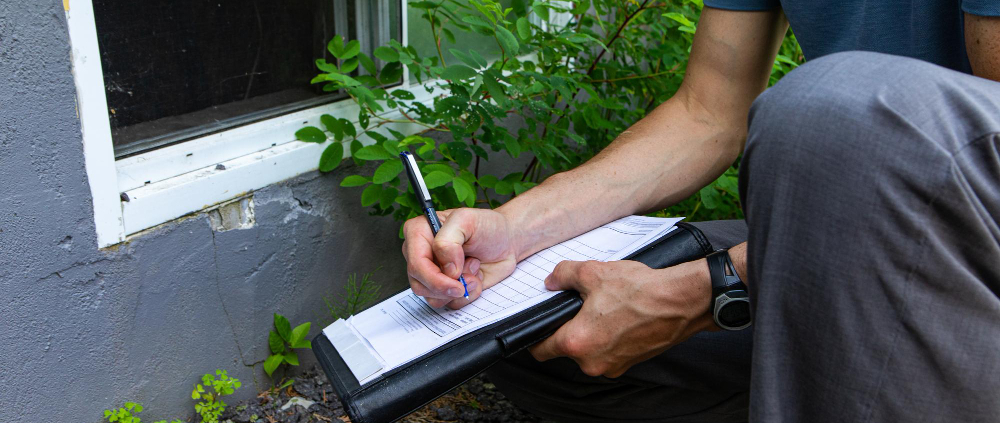What is a Radon Mitigation System?
If you’re a homeowner in the Pittsburgh area, you may have heard about the dangers of radon and the importance of mitigation. Radon is a naturally occurring radioactive gas that can seep into homes from the ground, posing serious health risks. A radon mitigation system is designed to reduce radon levels and make your home safer for you and your family. But what exactly does it do, and how does it work? Let’s dive in.
Understanding Radon and Its Risks
Radon is an odorless, colorless, and tasteless gas that forms from the natural breakdown of uranium in soil and rock. As it rises to the surface, it can enter homes through foundation cracks, sump pumps, and other openings. Long-term exposure to high levels of radon is the second leading cause of lung cancer in the U.S., making radon mitigation essential for homeowners.
How Does a Radon Mitigation System Work?
A radon mitigation system is designed to vent radon gas from beneath a home to the outside, preventing it from accumulating indoors. The most common type is an active soil depressurization (ASD) system, which consists of:
- PVC Piping – Installed beneath the foundation or in a sump pit, the piping collects radon gas before it enters the home.
- Radon Fan – A specialized fan creates negative pressure, drawing radon from the soil and directing it outside.
- Vent Pipe – The collected radon is safely vented above the roofline, where it disperses harmlessly into the air.
Other types of mitigation systems may include sub-membrane depressurization for crawl spaces, passive systems for newly built homes, or a combination of methods, depending on the structure of the house.
Do You Need a Radon Mitigation System?
The only way to know if you need a radon mitigation system is through radon testing. A professional Pittsburgh area home inspector, like those at Clarity Home Inspection, can conduct a thorough test to measure radon levels in your home. If levels exceed 4.0 pCi/L (picocuries per liter), the EPA recommends taking action to reduce radon exposure.
Benefits of Installing a Radon Mitigation System
- Improves Indoor Air Quality – Reduces the risk of radon-related health issues.
- Increases Home Value – Buyers are more likely to invest in a home with a working radon system.
- Energy Efficiency – Modern systems help maintain proper airflow while reducing radon levels.
Trust a Professional Pittsburgh Area Home Inspector
If you’re concerned about radon in your home, hiring a certified Pittsburgh area home inspector is the first step toward ensuring your family’s safety.



Leave a Reply
Want to join the discussion?Feel free to contribute!